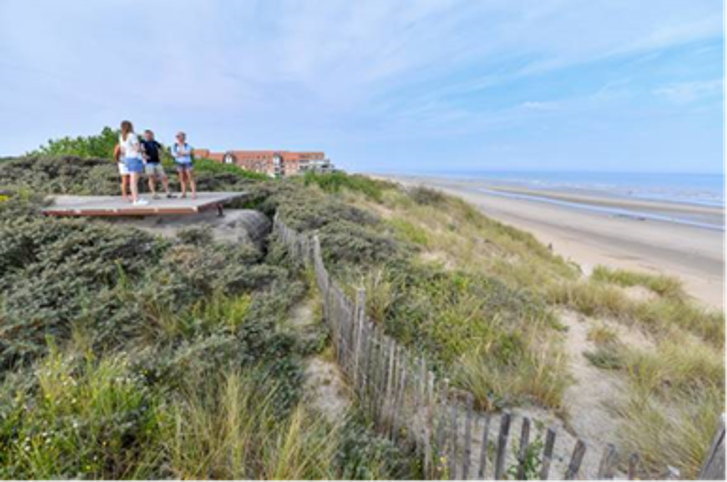Inspired by the concept of Territorial Industrial Ecology developed in France by ECOPAL in Dunkirk in 2015 to optimize flows in business areas, Territorial Touristic Ecology (TTE) is a way of looking at circular touristic entrepreneurship involving the touristic value chain players located in a same territory and the territory in which the project takes place. TTE aims to optimize the resources in a given tourist area, whether in terms of energy, water, materials, waste but also equipment and expertise, knowledge and human resources, through a systemic approach inspired by the functioning of natural ecosystems.
A project must therefore meet three conditions to be considered a TTE project:
· It must correspond to a pooling of resources, services or materials between several actors of a same territory or value chain.
· This pooling should reduce environmental impacts and improve the economic competitiveness and attractiveness of the territories.
· It must involve actors of the tourism value chain.
Categories in TTE
TTE initially looks at the origin and destination of flows to identify and develop synergies between the actors (including tourism actors), before implementing operational approaches that can lead to three categories of actions (which can be cumulative):
· Resource substitution synergies (e.g. recovery of shellfish waste into by-products for the tourism sector such as furniture or road signage for bicycle-routes, manufacturing of eco-designed micro-cabins from waste steel cables)
· Resources or service sharing synergies (e.g. joint purchases of green energy, shared waste collection, shared creation of waterproof parking lots, shared rental of beach equipment)
· Innovative activities, which go beyond substitution or sharing synergies by creating circular economy loops between players of the tourism value chain (e.g. creation of new sectors or activities operating locally in synergy with actors of the territory, promotion of food donation in food retail outlets and of the use of doggy bags in restaurants, etc.).
The process explained
TTE is a new concept in the Hauts-de-France region, but also at national and international levels. Very few projects have been identified yet and an in-depth analysis has been launched within FACET to encourage and develop TTE projects : the production of a SWOT analysis on the topic, the writing of best practices that demonstrate the feasibility of TTE projects, a pilot project in Baie de Somme consisting in recovering shellfish waste to transform it into by-products for the tourism sector and the organisation in 2021 of 5 circular value chain meetings.
The SWOT analysis led to many conclusions which will help boost TTE projects in terms of regulation, financing, training, urban planning, evaluation tools, etc. Amongst opportunities in France, the existence of a fund for sustainable tourism, the incentive created by the European ecolabel, and the existence of other environmental labels are drivers to stimulate TTE projects. Amidst the difficulties that must be overcome, tourism operators (especially SMEs) have very little technical skills on TTE projects and no information on associated return on investment. Further, the economic context is still difficult and uncertain for tourism professionals because of the COVID pandemic.
Regarding best practices, Happy Dreche, in the region of Lille recovers still grains from breweries to make breakfast products or appetizer snacks that are sold in tourism offices. Territoires en’VIE develops industrial and territorial ecology in the tourism sector of the Aix-Marseille-Provence region.
Meeting with different stakeholders
To finish, 5 meetings were organised in 5 geographical zones, namely the regions of Baie de Somme, Boulonnais, Audruicq, Béthune and Dunkerquois. These meetings brought together as a whole 36 players - touristic operators, national and local authorities, sectoral agencies. All players developed a better understanding of circular economy in the tourism sector and more than 11 potential TTE projects were identified.

